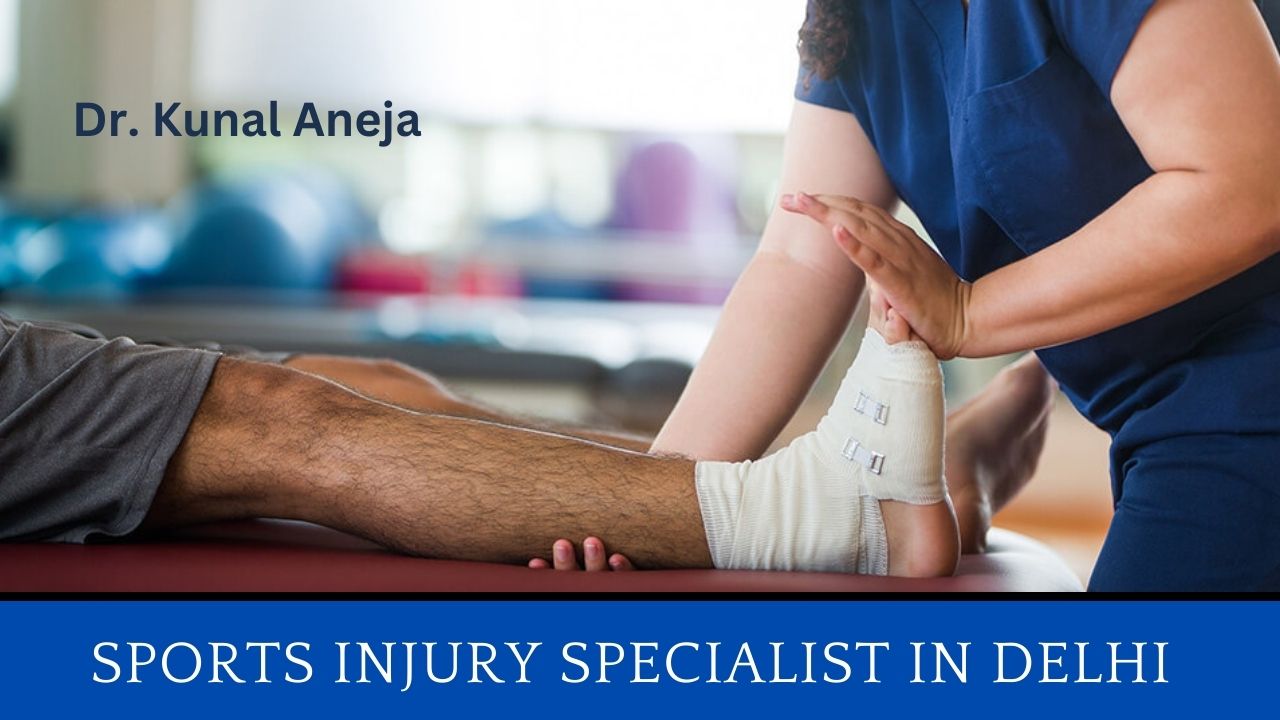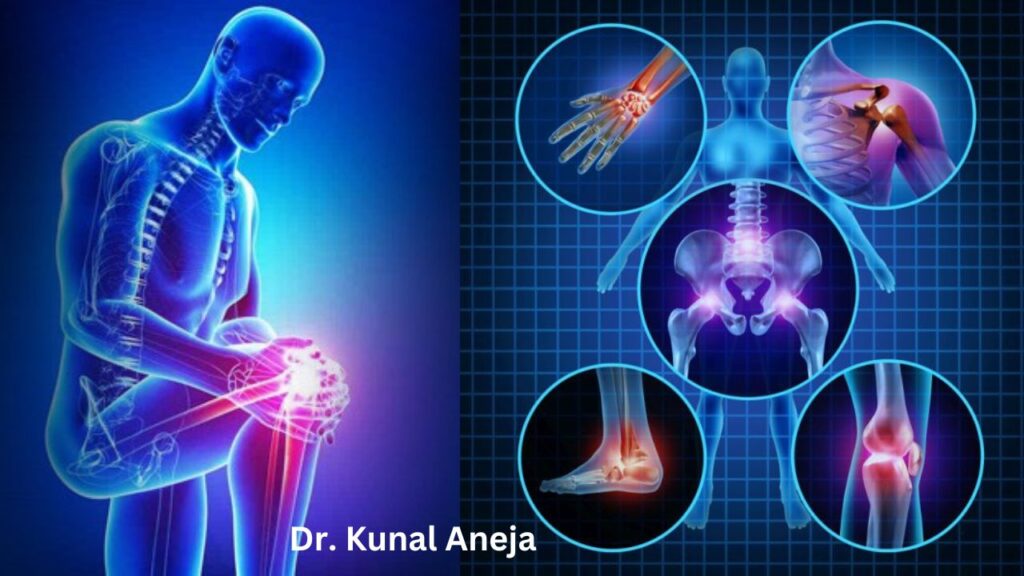
How Does a Bone Doctor Help You?
Orthopedic physicians are also referred to as bone doctor or orthopedic surgeons from time to time. These are doctors who specialise in treating injuries, such as fractures, dislocations, and pinched nerves, which affect the musculoskeletal system.
There is a long history of orthopedics that dates back to the time when children with crippling or debilitating diseases were treated by orthopedic surgeons. Since the word orthopedic means straight and pais means child or paediatric, it is understandable why it is derived from those words. It is common for orthopedic physicians to treat patients of all ages, so it is no surprise.
There is almost no one who has not experienced joint pain at some point in their lives, and a majority of people who experience joint pain have musculoskeletal injuries that require medical attention. A physician specialising in orthopedics might be able to diagnose your injury and treat it appropriately.
A musculoskeletal injury can happen to anyone, regardless of how active they are or what role they play in the household. By excessive computer use, working hours without stopping, performing repetitive movements, and even having poor posture, you can cause your muscles to become damaged.
A Bone doctor is a doctor who specializes in treating bones, joints, ligaments, nerves, tendons, and other tissues connecting bones and joints . As well as being known as your “musculoskeletal system,” these parts of your body also serve as an integral part of your overall health.
Diagnosis and treatment of injuries sustained while participating in sports or participating in physical activity;
Manage conditions like osteoporosis or arthritis, which are usually worse with time, and give you relief from the symptoms
What Is the Role of a Bone Physician?
Physicians who specialize in Bone diagnose and treat a wide range of injuries, including those caused by sports or physical activity, overuse, aging, and many others. An Bone physician will:
The Management of Pain
It has been shown that there are many musculoskeletal conditions and injuries that can cause discomfort and/or pain. The medical professionals at Orthopedics can be of direct assistance in decreasing or eliminating the pain associated with these injuries.
A doctor of Bone specializes in treating pain in the following parts of the body:
- Ankles
- Back
- Elbows
- Feet
- Hands
- Hips
- Knees
- Neck
- Shoulders
- Wrists
Extend the range of motion of the joints
The range of motion can be decreased by pain, stiffness, and swelling in your joints. You may have difficulty showering, cleaning, bending over, and many other daily activities when this occurs. It may be necessary to undergo surgery to restore your range of motion. Orthopedic physicians offer physical therapy or other treatments to help you get your range of motion back to normal.
Injuries should be treated and prevented
In addition to treating broken bones, compression fractures, stress fractures, dislocations, muscle injuries, and tendon ruptures, orthopedic doctors can also make a plan for you to prevent future damage by making a treatment and prevention plan that will prevent future injuries from happening to you.
In the area of education and training
The academic preparation for orthopedic doctors includes completing academic work towards completion of a Doctor of Medicine (M.D.) or Doctor of Osteopathic Medicine (D.O.) degree, as well as completing a two- to four-year residency in the field.

How Can a Bone Doctor Help You?
help you avoid pain and discomfort from using a muscle or joint too often (also called “overuse injuries”).
- These parts of the body are treated by orthopedic / Bone doctors:
- Hands and wrists are very important parts of the body
- Ankle and foot problems
- Knee Pain
- shoulder and elbow Problems
- neck Problems
- back Pain
- hips
What Bone Doctors Do For the Patient
In order to treat bone and joint problems, Bone doctors often recommend surgery to treat them .
The decision to undergo surgery is usually the last resort in most cases.
You may be recommended non-surgical treatments instead of surgery by your orthopedic doctor, including:
Physiotherapy or rehabilitative therapy is a form of physical therapy
Prescription medication/injections
Changing your lifestyle (that is, finding other activities that do not aggravate your injury when your doctor assists you in identifying them)

In your opinion, why should you see a Bone doctor?
Sports and physical activities are two major causes of pain and injuries that lead to people seeking the care of Bone doctors.
In the case of avid mountain bikers, who suffer from knee problems, you may benefit from seeing an orthopedic doctor who has a special interest in knee treatment if, for example, your knee is sore because of mountain biking.
However, orthopedic doctors treat a variety of problems in addition to sports injuries. These problems are some of the most common reasons people visit an orthopedic doctor for advanced treatment.
- Pain in the back
- ARTHRITIS (arthritis)
- A fracture is a break in the bone
- Muscles and ligaments torn as a result of an accident
- A strain or sprain of a muscle
- Injuries at work
- Tumors of the bone

Osteoporosis and other conditions related to ageing
It is important to see a doctor Like Kunal Aneja who is an expert in treating these types of injuries, even though primary care doctors treat some of the same injuries as experts in other fields may do.
It is because orthopedic surgeons are particularly trained and knowledgeable to treat musculoskeletal conditions to the extent that they go beyond what your primary care doctor can do.
A specific orthopedic doctor may also have a specialization that extends to specific parts of your body, such as your foot, ankle, or hip.
Orthopedists who specialize in treating children are called pediatric orthopedists. They monitor bone growth problems associated with children-such as scoliosis-or developmental problems that create problems early on in their lives, such as club foot or dysplasia of the hip.

